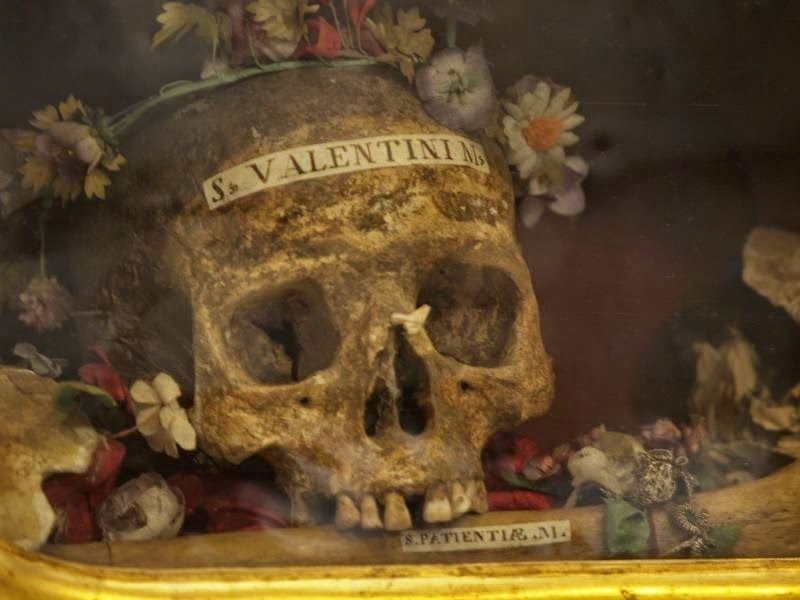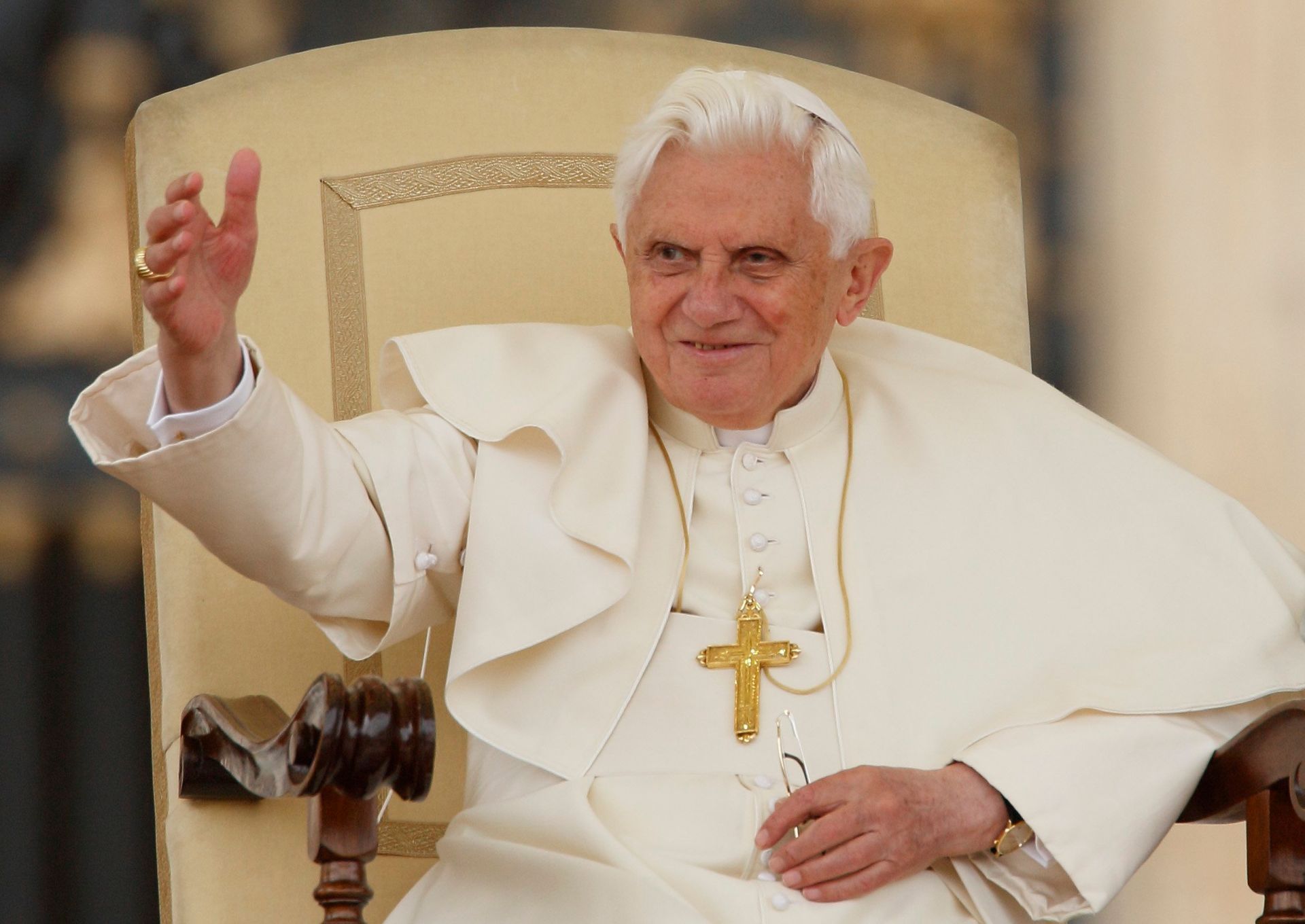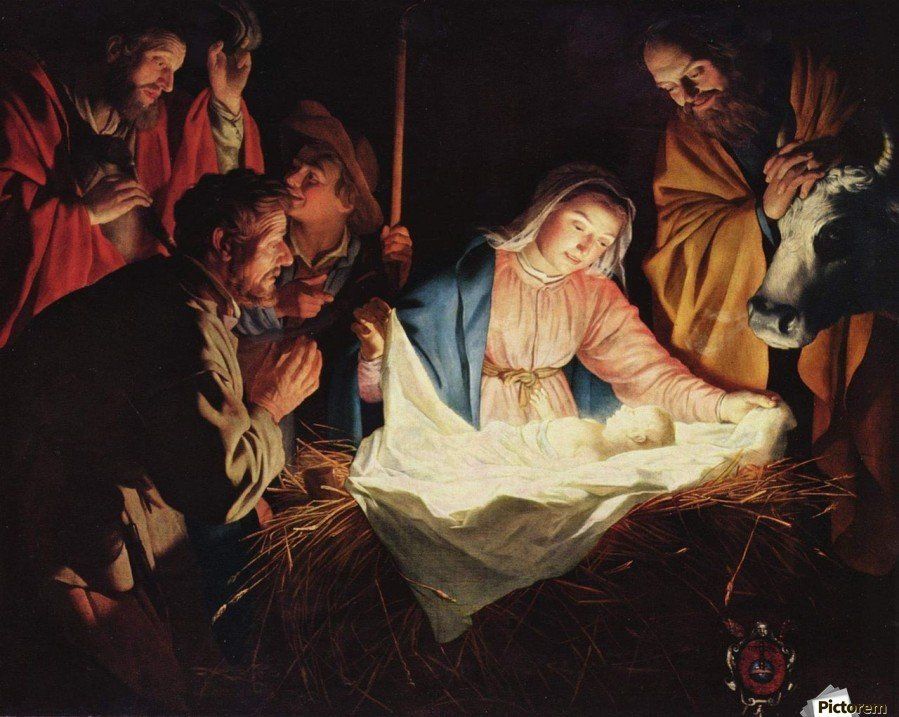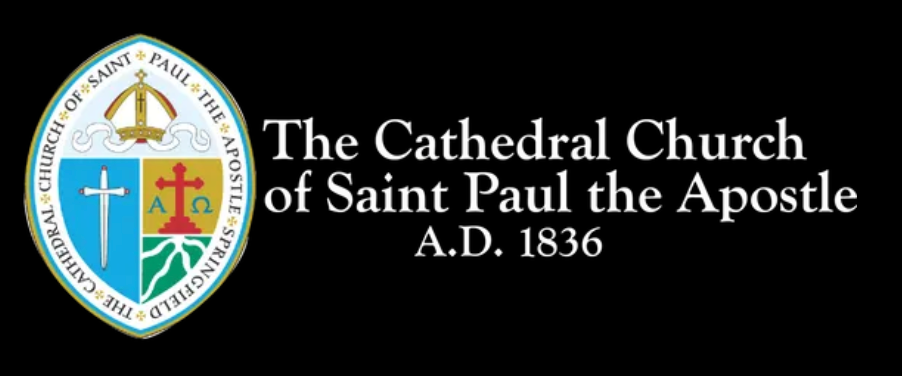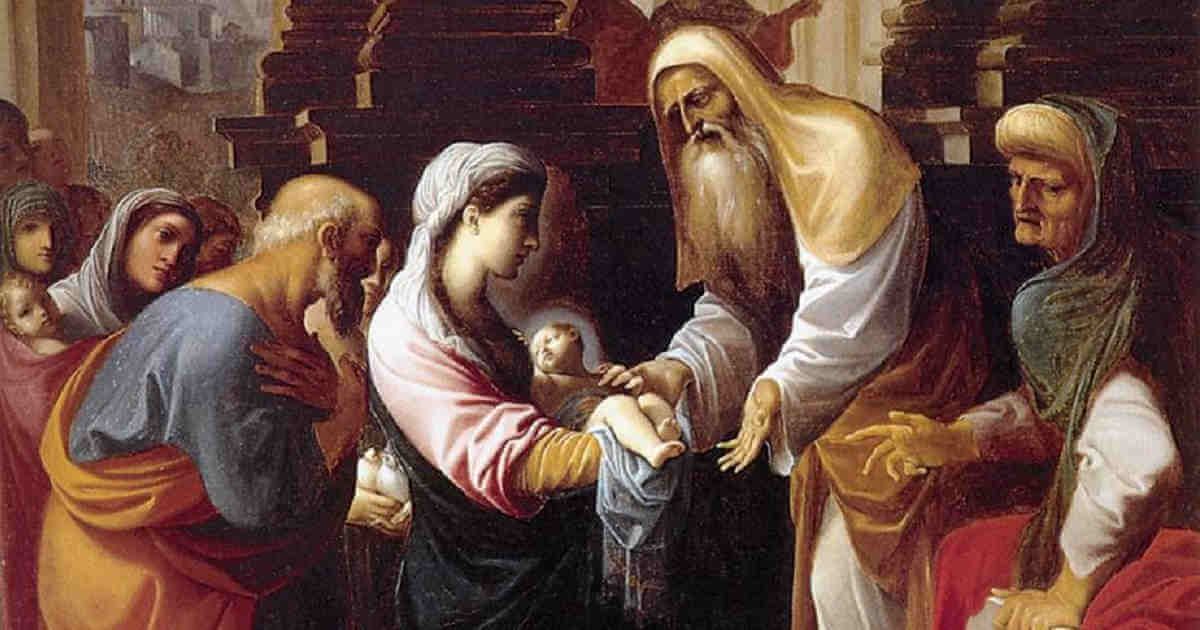What is Lent?
On Sunday’s when I preach, my practice is to form my message
from one of the Readings for that day. Today, I have decided to
alter that practice so that we might discuss Lent, which begins this
week on ASH WEDNESDAY – February, 22. So let’s talk a bit about
Lent…… Why do we have it? How did it begin?
Why do we call this period LENT?? Lent actually gets its name
from Germanic roots meaning “lengthening.” Lent occurs in a time of
early Spring where the days are “lengthening;” “Lent” is NOT a
religious term per se.
In the first three centuries, the period of fasting in preparation for
Easter was only 2-3 days long. The first mention of a 40 - day Lent
occurs in 325. The period of a “40-days preparation of candidates for
Baptism at Easter is most likely the origins of the “40-Day Lenten Fast.”
The 40-day Fast is most likely suggested by the fasts of Moses, Elijah,
and Jesus, Himself, as reported in Scripture.
During the early centuries, the observance of the fast was very
strict with minimal food allowed. Only 1-meal was allowed, taken in
the evening. Meat, poultry and fish were not allowed. By the 9th
Century on, the rituals of the fast were relaxed. By the 15th Century,
the main meal was taken at noon with light food and drink allowed in
the evening. After 1966, the Roman Church completely relaxed its
rules and practices limiting fast and abstinence to Ash Wednesday
and Good Friday. The Eastern and the Orthodox Churches still maintain
a strict Lenten Fast for 40-days taking only one full meal during the day.
The Church of England, after the Reformation, continued in the
observance of Lent by continuing the Roman traditions. The Episcopal
Church has no formal policy for Lenten fasts leaving the decision to the
individual member. That said, I ask you to review the Book of Common
Prayer beginning on Page 264 to see the significance the Church places
on Lenten traditions and prayers. I would also ask that during Lent you
might read through the Sacrament of Reconciliation on Page 446, to see
the means Jesus provides for the forgiveness of our sins – IF we are
willing to act.
Every day, throughout the world, we see the effects of hatred
between people. It takes place on city streets, whenever violence breaks
out. It happens in so many senseless ways when people full of hatred
decide to lash out at whatever person happens to be crossing their path
at that moment. We also see the devastating effects of violence and hatred
in so many places in our world that are at war. Where once there were
people raising their families and making livelihoods for themselves, there
is nothing but the ashes and rubble of destroyed homes and businesses.
We humans can become so full of rage that we don’t care who we destroy.
All the destruction that takes place in this world has one source –
the sin that is lurking in every human heart. We might want to point the
finger at others. We might blame governments or other institutions for
all the world’s misery. But ultimately, hate and violence spring from the
human heart which rejects God and His love.
Lent is a blessed time when we stop what we are doing to observe
a tragedy, the tragedy of sin. Our history as a human race is scarred
by endless conflicts as a result of sin. Sin has brought nothing but death
and destruction like the many wars that continue to be
fought all over the world. Most sin however, wreaks its
havoc in small ways in our personal lives. There is no one who has not
been marked by the effects of sin.
When terrorists attack, OR senseless shootings in schools and malls
take place OR any other act of insane violence occurs…… we’re not
always sure what to do about it or how to prevent it from happening
again. However, we do know what to do about our personal sin. God
tells us through the Prophet Joel in the Old Testament. “Even now
says the Lord, return to me with your whole heart, with fasting and
weeping and mourning.” Once we realize the damage that sin has done to
us, we have no choice but to turn to God and show our regret in a
dramatic way. THIS IS WHAT LENT IS ALL ABOUT!! It is about
returning to God and asking God to change us and make us new again.
On Ash Wednesday, we will mark our foreheads with ashes. It is
a symbol that we are guilty of the destruction which sin has brought to
our world. It is a sign that we take responsibility for the choices we’ve
made to reject God’s love and all the damage we’ve caused as a
result. It is also an acknowledgment that our evil choices have disfigured
us, so we are not the pure and innocent people God calls us to be. By
accepting ashes on our foreheads, we are also acknowledging that we
are ashes and dust. We are not God, but merely one of His creatures.
We do not have the power to determine what is right and what is wrong.
Only God has that power! All we can do is obey Him out of humility,
the humility of creatures who did not create themselves but who were
brought into being by a Loving, All-Poweful God.
As we approach the altar next Wednesday to receive the ashes,
let us receive them as a sign of our repentance and a sign that we mean
to change. The ashes provide another symbol for us - a symbol of Hope.
For God who created us of the dust, can also re-create us. No matter
how badly we have sustained ourselves through our own choices, we can
be made clean. Again the prophet Joel reminds us, “For gracious and
merciful is God, slow to anger, rich in kindness, relenting in punishment.”
Our belief in a God who desires to forgive us is what gives us the
courage to stand up and publicly profess that we are sinners AND that
ONLY GOD can save us.
At the same time the ashes represent our hope in a God who promises
to make all things new. NOT only us, but the world! Sin has left a mark
on us individually, on society as a whole and on our environment. BUT
there is nothing sin has done that God cannot undo. There is no evil
that takes place in our world from which God cannot bring about a
greater good. So we accept the ashes on our foreheads with belief and
hope that our sorrow will one day give way to Easter Joy!
Sin and death are not the final chapter in human history. THERE
IS A HAPPY ENDING FOR US ALL! For as tragically as sin has
disfigured our lives, just so mercifully has God saved us in Jesus Christ.
Adam and Eve could never have imagined what evils their disobedience
would unleash upon the world. Neither could they have imagined that
God would take on our humanity and die to bring the new life of the
Resurrection.
During Lent as we are abstaining from meat, fasting and praying,
we do these things to show God that we intend to change. The God who
knows our hearts, sees how serious we are. We can never know how deeply
our sins has offended God, nor how far our bad choices have gone-out to
hurt others. Nonetheless, we can know how completely we are forgiven.
We can live these next 40-days leading up to Easter with a new commitment
to turn things around in our lives with the strength that God provides.
With God’s help, may these 40 days of prayer, fasting, and charitable giving
be the beginning of a real transformation in each of us, in our homes, in
this Church, and in the World! AMEN!
From the Dean's Stall
